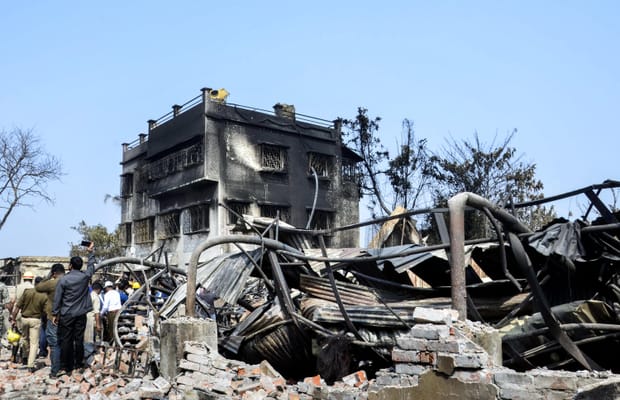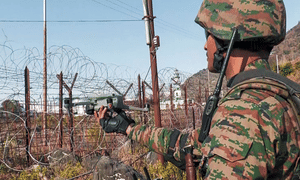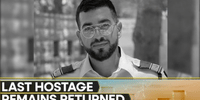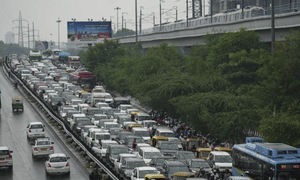



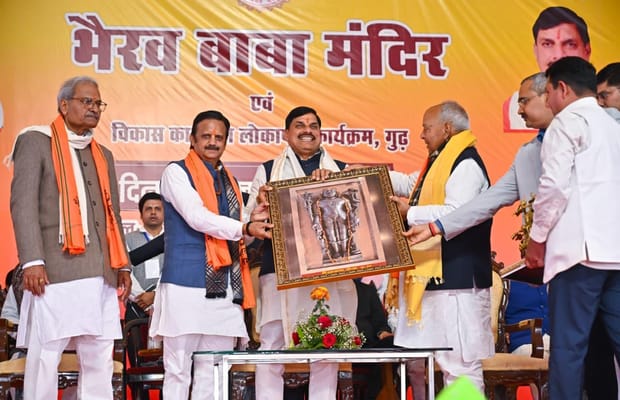





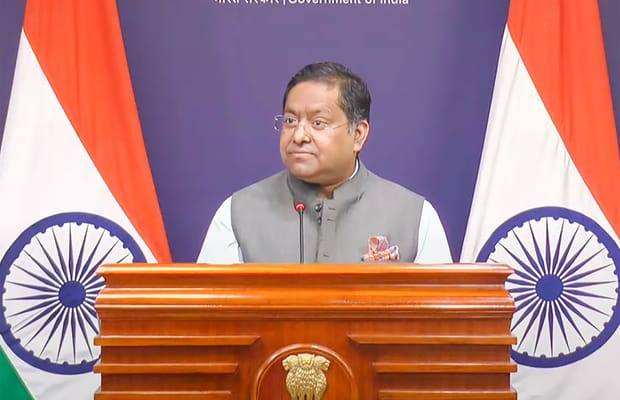
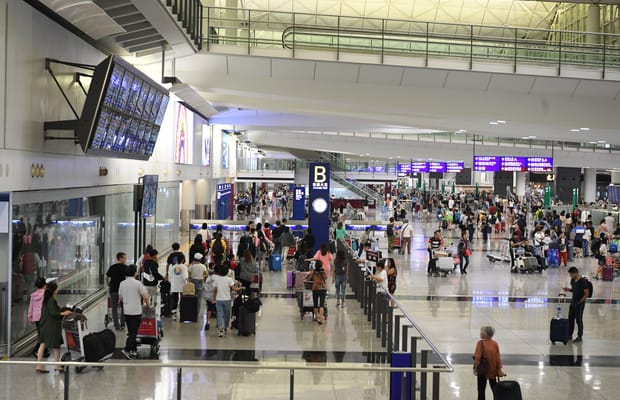



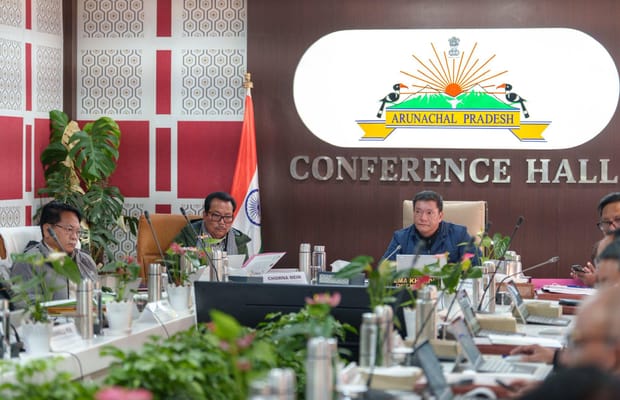



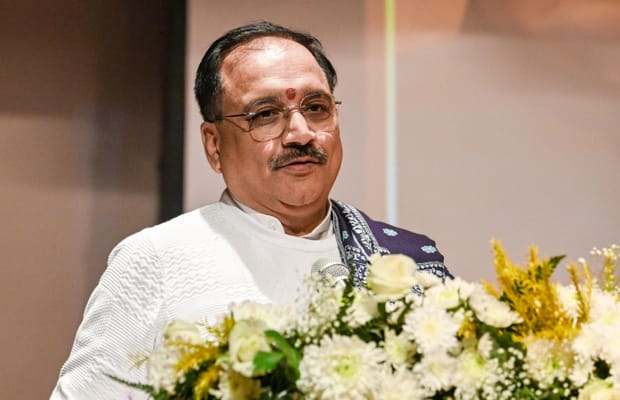




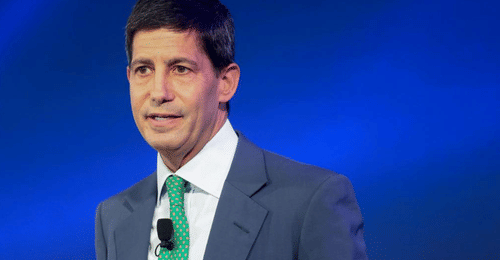
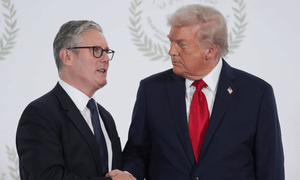


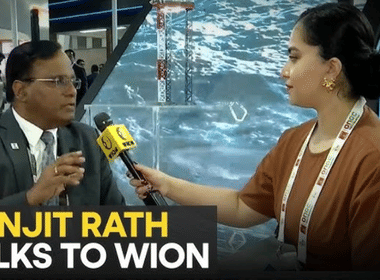
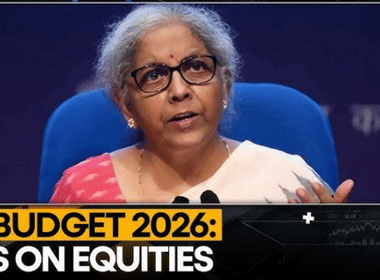
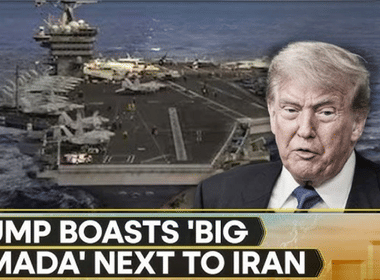



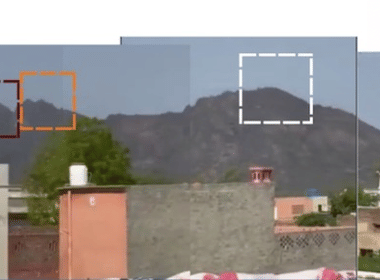
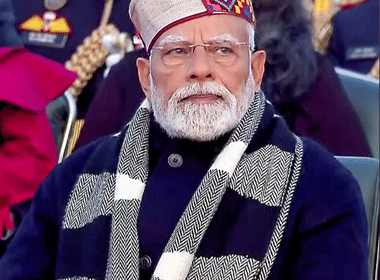
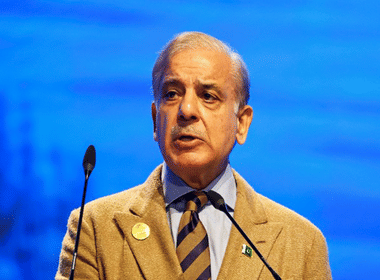
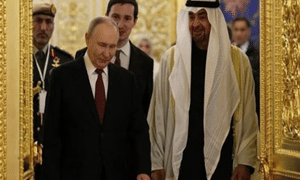


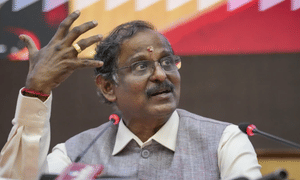
ISRO is preparing for the first uncrewed mission of its ambitious Gaganyaan programme, scheduled for 2027, Chairman V. Narayanan stated. The Gaganyaan mission, India’s first human spaceflight initiative, aims to send a three-member crew on a three-day space journey and return them safely to Earth. “The Gaganyaan programme is planned for 2027. Prior to that, three uncrewed missions are planned, and we are working towards the first of these,” he told reporters on Friday.
He added that scientists are currently conducting extensive tests to ensure the mission’s success. “Many tests are underway. The safety of the Gaganyatri is extremely important, so we must be thorough and qualify every system. In the rocket system, we aim for a perfect score,” he said. “Our goal is the successful completion of Gaganyaan. We are striving to execute everything flawlessly,” he added.
Regarding the PSLV-C62 mission, which faced an anomaly in the rocket’s third stage after its January 12 launch, he said scientists are analyzing the mission in detail to address the issue. The PSLV-C62/EOS N1 mission encountered a setback due to the third-stage anomaly, prompting a comprehensive review by the ISRO team.
Disclaimer: This image is taken from PTI.
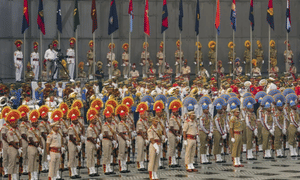
The government has made it compulsory for Indian Police Service (IPS) officers from the 2011 batch onwards to complete at least two years of central deputation at the Superintendent of Police (SP) or Deputy Inspector General (DIG) level to be considered for empanelment as Inspector General (IG) at the Centre, according to an official order.
This step has been taken to ensure that senior IPS officers have sufficient experience of ground-level work while serving in central positions, an official familiar with the decision stated. The order specifies that "a minimum of two years of central experience at SP/DIG or equivalent level shall be mandatory for empanelment of IPS officers at IG/eqvt. level at the Centre from the 2011 batch onwards."
While Indian Administrative Service (IAS) officers deputed to the Centre have long had a similar requirement, no such condition existed previously for IPS officers serving in the Central Armed Police Forces or other central assignments at the IG level. The new mandate is expected to align IPS officers’ career progression with the experience expectations already in place for IAS officers, ensuring that those promoted to senior central roles have firsthand knowledge of central operations and administration.
This move also reflects the government’s emphasis on strengthening institutional expertise at the Centre by ensuring that officers at senior levels bring not just state-level policing experience but also significant exposure to central assignments. By making central deputation experience a prerequisite for IG-level empanelment, the Ministry aims to maintain uniformity in senior leadership standards across services and enhance the effectiveness of policy implementation and administration at the central level.
Disclaimer: This image is taken from PTI.
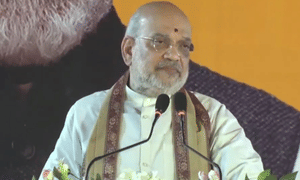
Home Minister Amit Shah on Saturday blamed the Mamata Banerjee-led West Bengal government for the fire at the Anandpur momo factory, alleging that the tragedy was caused by corruption under the state administration. Speaking at a BJP Karyakarta Sammelan, Shah paid tribute to the workers who lost their lives, insisting the fire was not an accident but a consequence of government corruption.
A major blaze had broken out earlier this week at a momo factory in Kolkata’s Anandpur area, leaving several people dead and many missing. Police said 21 samples have been sent for forensic profiling, 27 missing complaints have been filed, and three people have been arrested as investigations continue.
Shah also accused Chief Minister Mamata Banerjee of intimidating the Matua and Namashudra communities, urging them not to fear and asserting that their voting rights could not be taken away. He reiterated his stance on removing infiltrators from the voters’ list and said a future BJP government would ensure this.
Challenging Banerjee on corruption, Shah said she should prove her intent by denying tickets to leaders facing graft allegations, claiming the BJP would investigate all corruption cases and jail the guilty. He also praised Jana Sangh founder Shyama Prasad Mukherjee as a key figure who safeguarded Bengal and Kashmir, expressing confidence that West Bengal would become the BJP’s next state to form a government.
Disclaimer: This image is taken from ANI.
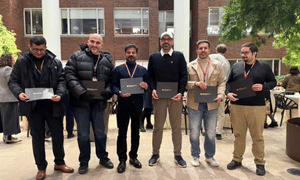
Telangana Chief Minister Revanth Reddy has successfully completed the executive education programme titled Leadership in the 21st Century at the Harvard Kennedy School in the United States. The programme, held from January 25 to 31, brought together 62 participants from over 20 countries across five continents.
According to the Chief Minister’s Office (CMO), the intensive course involved daily classroom sessions from 7 am to 6 pm, with participants enduring extreme winter conditions, where temperatures dropped to between minus 15 and minus 24 degrees Celsius. After completing the programme, Reddy was awarded a certificate by the faculty.
During his visit to the Harvard University campus, the Chief Minister also interacted with a group of predominantly Indian students from Harvard Business School. The interaction, held at the invitation of the students, included an informal discussion on career paths and professional challenges, during which Reddy shared his own principles for success. Highlighting the vision of Telangana Rising, the Chief Minister encouraged students to use their global exposure and networks to contribute to India’s development. He also invited them to act as brand ambassadors for Hyderabad and Telangana, the CMO said.
Reddy’s participation marks a historic milestone, as he becomes the first sitting Chief Minister in independent India to enrol in an Ivy League executive education programme. The course, chaired by Professor Tim O’Brien and directed by Professor Karen Morrissey, focused on global leadership and governance through case studies drawn from different regions and historical periods. Participants were required to complete assignments, submit homework, and take part in group projects. Upon completion of the programme, the Telangana Chief Minister received formal certification from Harvard, making it a first-of-its-kind achievement in Indian political history.
Disclaimer: This image is taken from Telangana CMO.



After weeks of intense federal enforcement in Minnesota, local resistance pushed back strongly, and it appears that Donald Trump has grown skeptical about the leadership of his ICE operation in the state. This raises questions about the future of Trump’s “ICE patriots,” how the Republican Party can find unity on immigration policies that have resulted in the deaths of Americans, and what role far‑right figures in Trump’s circle might play going forward. Jonathan Freedland talks with George Conway — a founding member of the Lincoln Project who is now running for Congress — about what might happen next in this unfolding situation.
Disclaimer: This Podcast is taken from The Guardian.

2026 is shaping up to be a defining year for the AI-driven economy. According to Saxo Bank’s latest analysis, the upcoming IPO pipeline is dominated by tech giants poised to move from private backing to public scrutiny. While OpenAI and Anthropic represent high-risk, high-reward bets on generative AI, companies like Canva and Stripe showcase more established models in SaaS and Fintech at scale. Andrea Heng and Susan Ng highlight the key factors investors should monitor — including governance, computing costs, and revenue sustainability — as these “private unicorns” prepare for their public market debut, with insights from Chan Yew Kiang, ASEAN IPO Leader at EY.
Disclaimer: This podcast is taken from CNA.

In ‘Culture Club’, Melanie Oliveiro chats with Leo Varadkar, former Taoiseach (Prime Minister) of Ireland. Varadkar, author of the autobiography “Speaking My Mind”, shares insights from a remarkable life in public service—how politics fascinated him as a child, his journey from a junior politician to Minister for Transport, Tourism & Sport, and ultimately becoming Ireland’s youngest prime minister. He also reflects on key lessons learned along the way and his experiences interacting with global leaders, including Donald Trump.
Disclaimer: This podcast is taken from CNA.

President Donald Trump has proposed a US-led “Board of Peace” aimed at resolving international conflicts, with himself as chair and backed by billion-dollar funding. The idea raises questions about whether a leader known for a confrontational foreign policy can credibly recast himself as a global peacemaker. Andrea Heng and Hairianto Diman examine the initiative’s underlying motives, its international legitimacy, and its future beyond Trump’s presidency, with insights from Dr Jessica Genauer, Associate Professor of International Relations at Flinders University.
Disclaimer: This podcast is taken from CNA.


